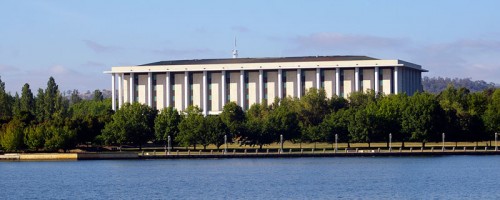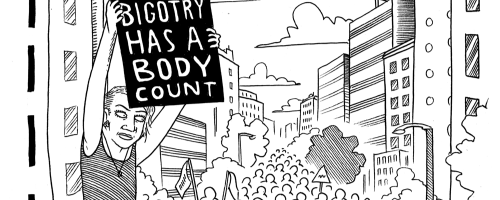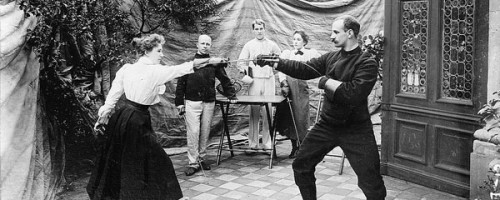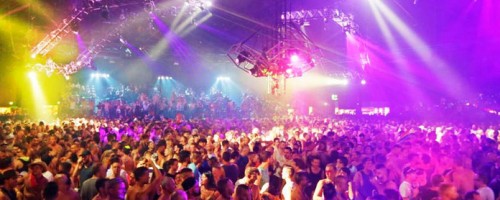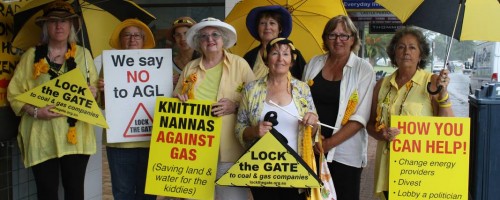Since at least the 1970s, writing on the experience of women in cities has focused on the ways in which the built environment acts as an expression of or enabler for the violence enacted upon women’s bodies: sexual assault and other violent crime, and the spatial separation of supposedly ‘masculine’ and ‘feminine’ space – that harmful dichotomy of public and private dividing the home from the street and workplace.
With the release of ‘Formation’ and Beyoncé’s performance at this year’s Super Bowl, the Black Lives Matter (BLM) campaign pierced living rooms across the United States. Complete with Black Panther salute and iconography, accompanied by a film clip with a hurricane-drenched landscape and graffiti reading ‘stop shooting us’, a movement that had been demonised by the mainstream media and the right was given a heroic performance in what is, arguably, capitalism’s ultimate spectacle.




